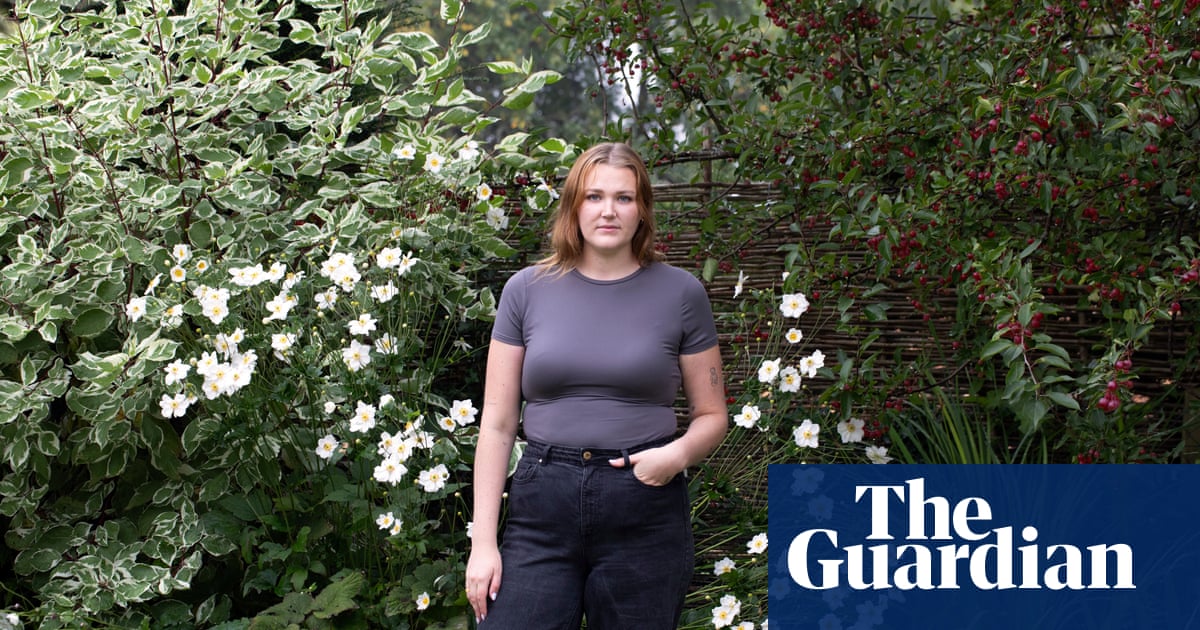A year ago, Franky Dean, a 24-year-old documentary film-making master’s student, decided to make a phone call she’d been avoiding nearly half her life. She was sitting in a dark computer room in New York University’s journalism institute in Manhattan when she FaceTimed her parents. They were in the living room at her home in the UK, where she grew up. Franky told them she’d just filed a police report about something that had happened more than a decade earlier. When Franky was 12, she had been sexually abused by a close friend’s dad.
And then her mum said two words that would change her life, again, for ever: “We know.”
It was meant to be a climactic moment – a revelation that Franky had been building up to for years. Instead, it was the beginning of another story – the unravelling of a shadow narrative that spanned half of Franky’s life. It’s a story about what happens when police assume survivors of sexual abuse to be “unknowing victims” – a series of misinterpretations and missteps that amounted to Franky spending 12 years hiding her abuse from her parents while they spent 12 years hiding it from her.



I hope we as a society will start teaching new parents that they shouldn’t rely on child development advice from a single person, especially one with limited knowledge and experience in that area. Raising humans is complicated, and as with many things, the pitfalls are often invisible unless you’ve run into them before.
I assume the detective constable meant well when offering guidance, but it’s important to consider the source when evaluating guidance, and be a little skeptical when it comes from someone whose qualifications and incentives don’t directly apply.